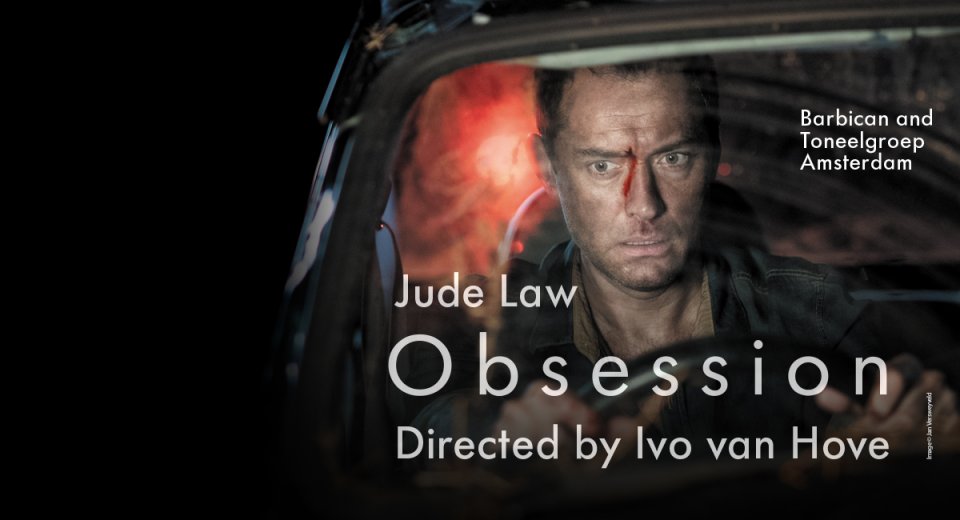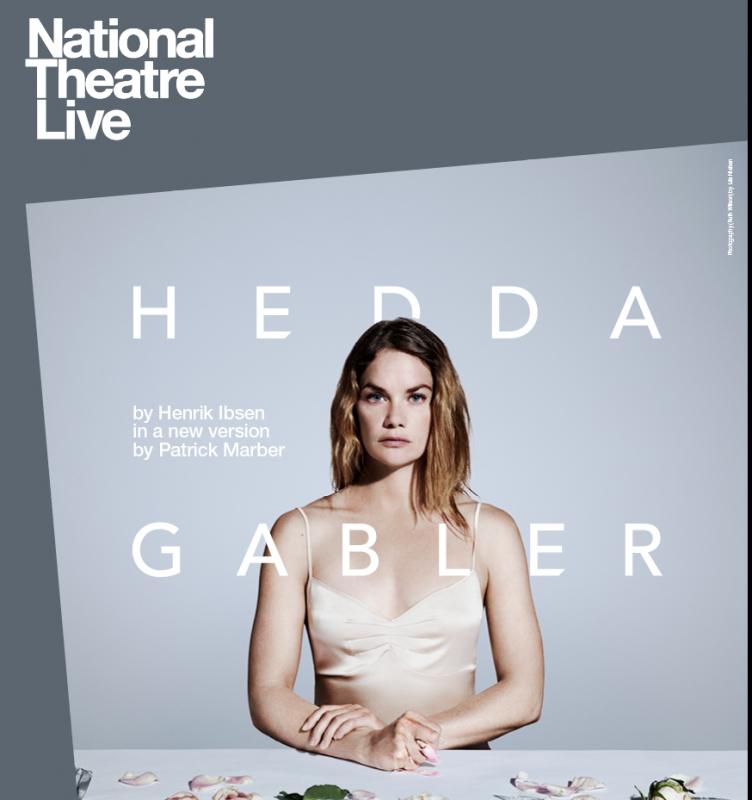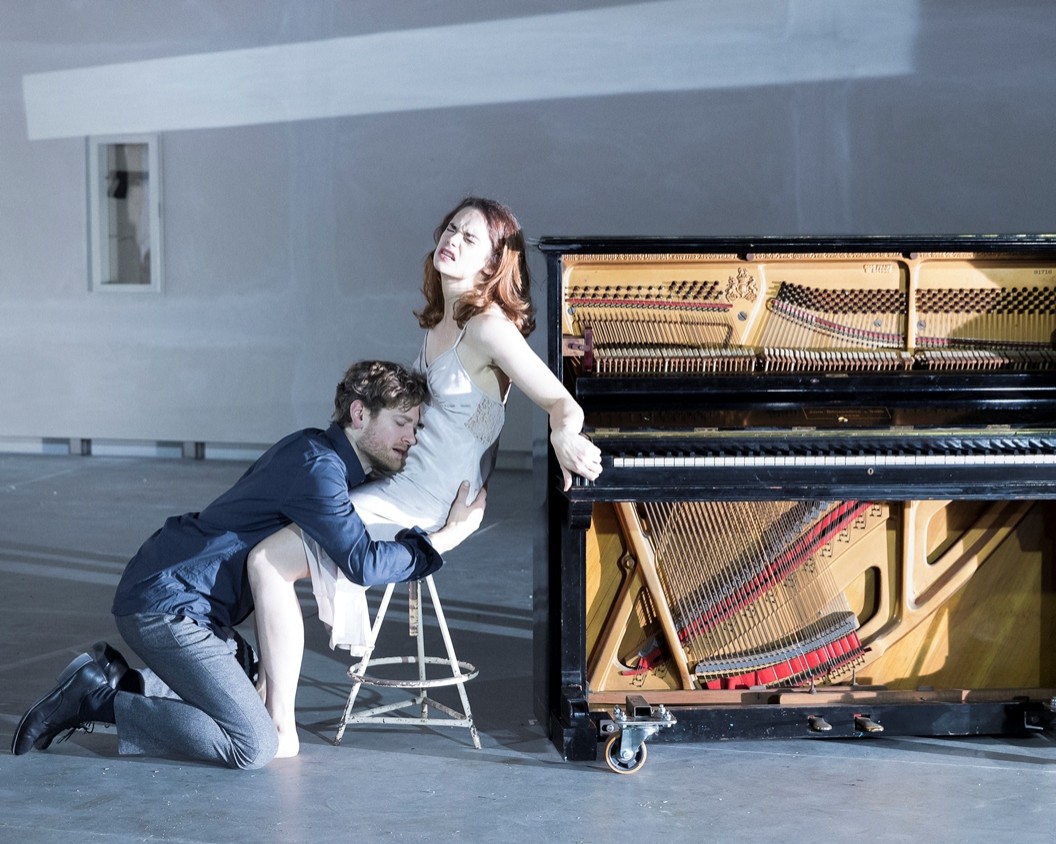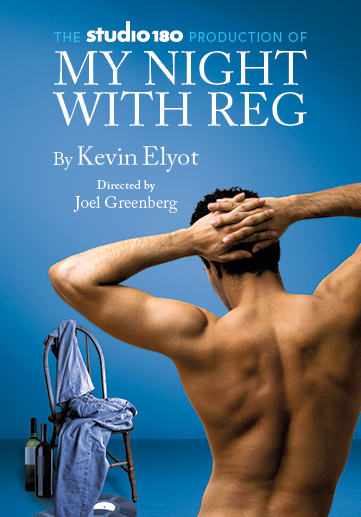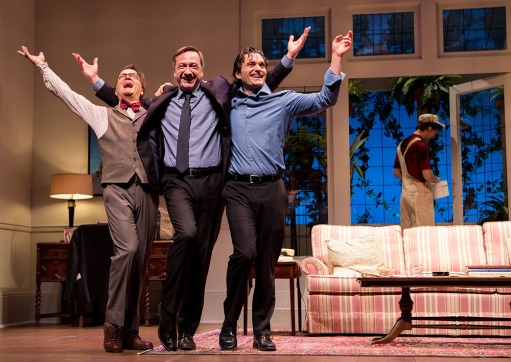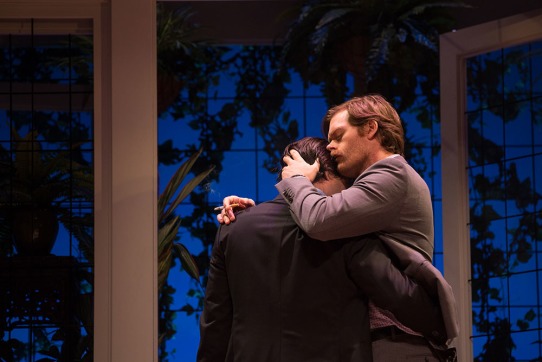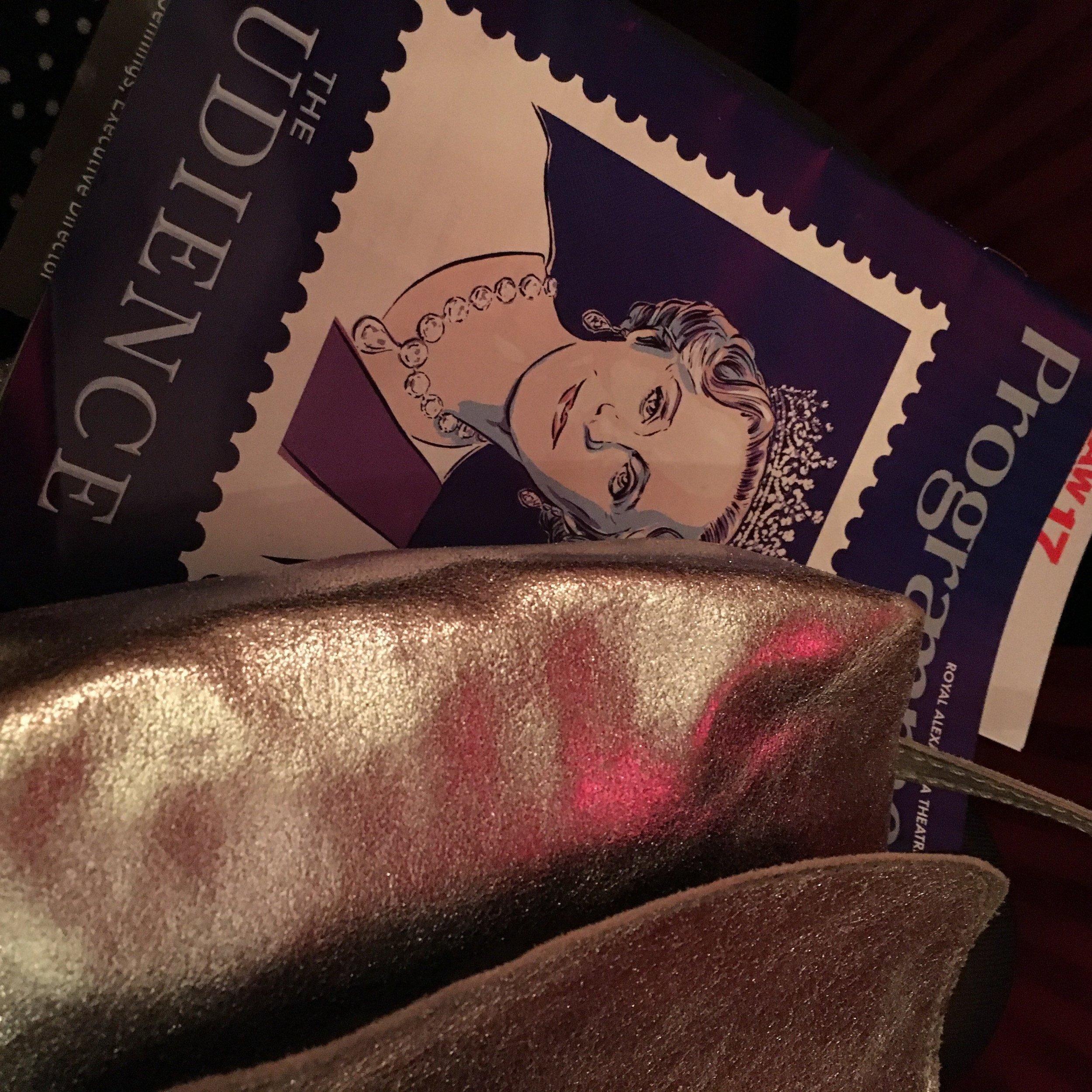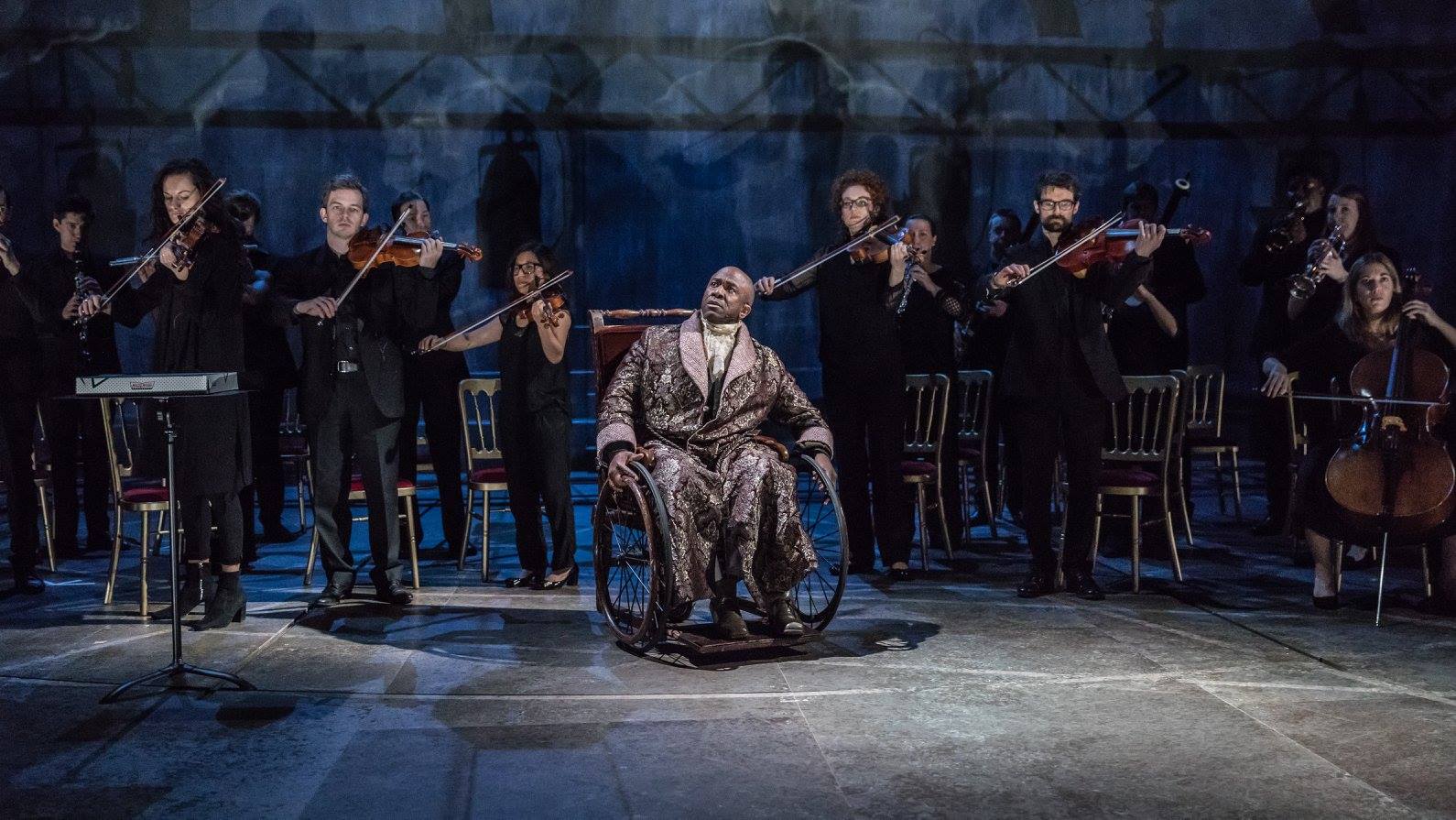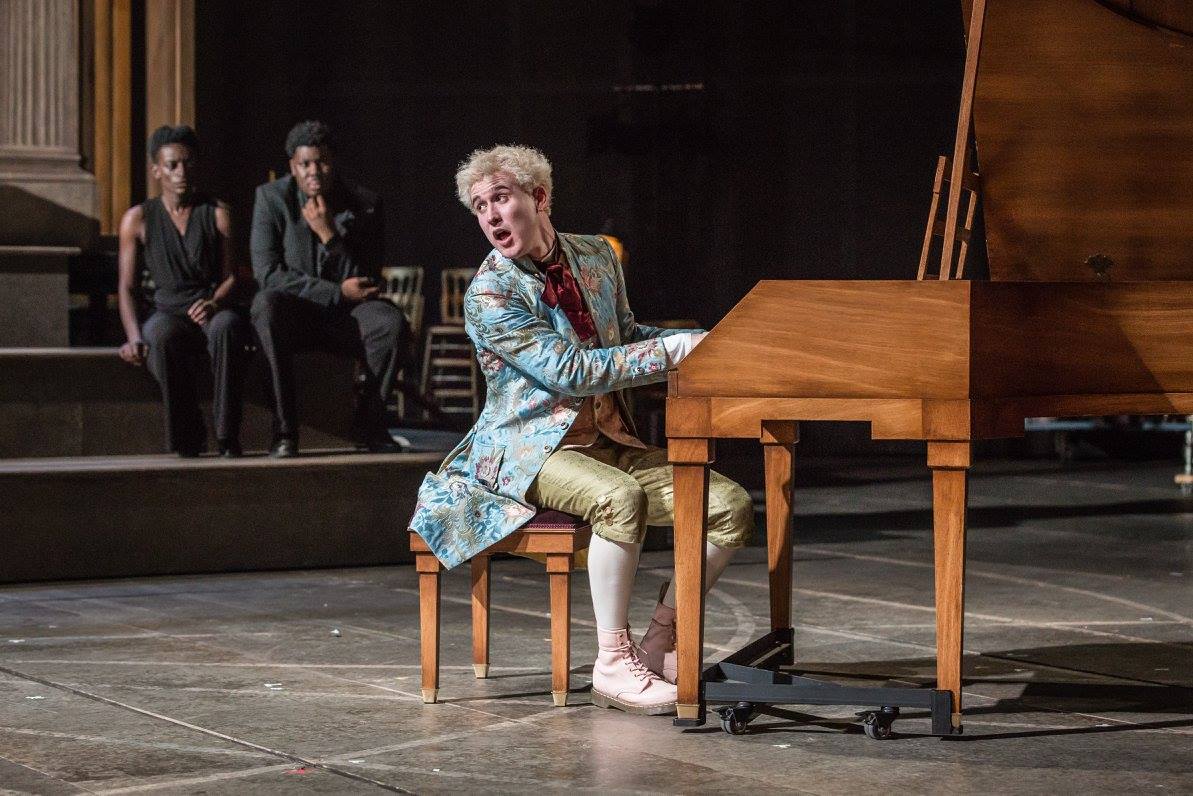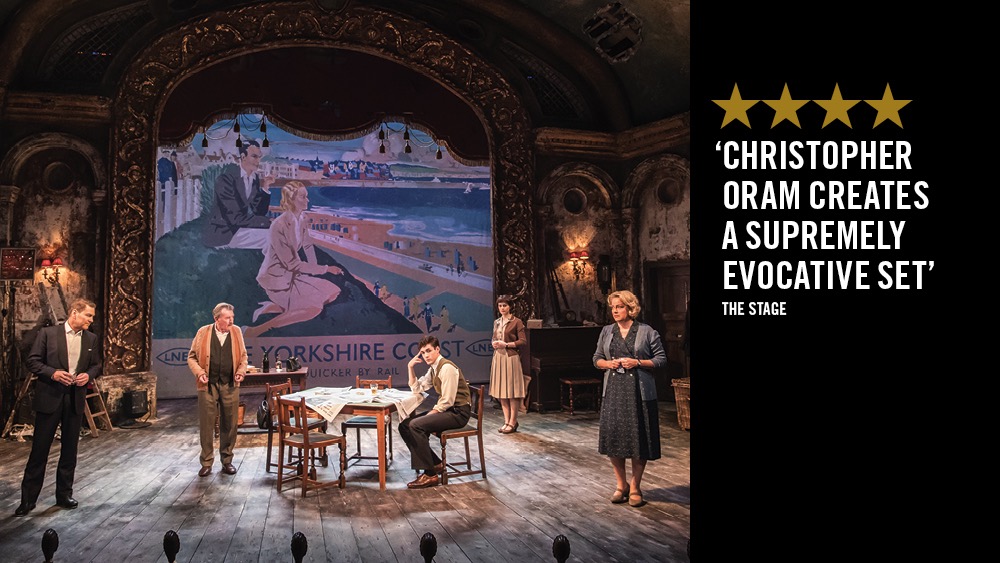Play Review: "Who Is Afraid of Virginia Woolf?" by Edward Albee (NT live)
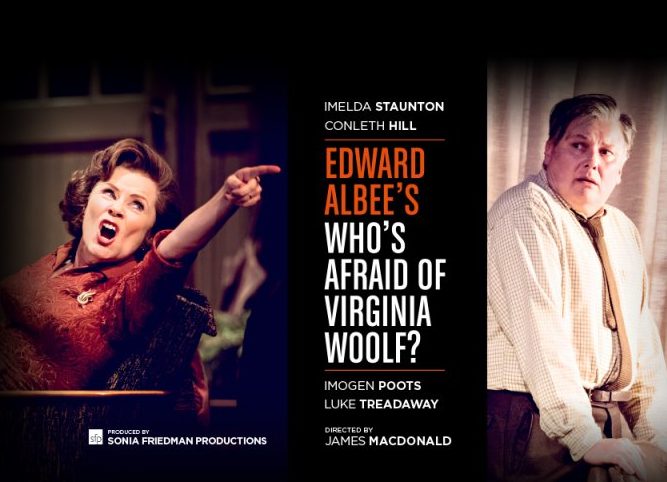
Edward Albee’s award winning play “Who is Afraid of Virginia Woolf?” was produced by Sonia Friedman Productions and broadcasted by NT Live. You might have already heard of Sonia Friedman Productions as they also produced Hamlet with Benedict Cumberbatch at The Barbican in 2015 (that was broadcasted by NTLive), Much Ado About Nothing, King Charles III (with David Tennant, Catherine Tate) - to name a few. They plan to bring Harry Potter and The Cursed Child on Broadway on 2018 too. And this year they are producing Hamlet with Andrew Scott (also on stage of Harold Pinter Theatre), and I am keeping all of my fingers crossed that NTLive would pick it up too. Because there is no such thing as too much Hamlet.
“Who Is Afraid of Virginia Woolf?” spots an all-star cast, including Imelda Staunton (Gypsy, Vera Drake, the Harry Potter films); Conleth Hill (Game Of Thrones, The Producers); Luke Treadaway (The Curious Incident of the Dog in the Night-Time, Fortitude, The Hollow Crown) and Imogen Poots (A Long Way Down, Jane Eyre).
From NTLive.com:
In the early hours of the morning on the campus of an American college, Martha, much to her husband George’s displeasure, has invited the new professor and his wife to their home for some after-party drinks. As the alcohol flows and dawn approaches, the young couple are drawn into George and Martha’s toxic games until the evening reaches its climax in a moment of devastating truth-telling.
I had not read the play before going to see it, so the impact of it was quite intense. I loved the build-up and eventual catharsis through which the characters go through. It is a rather intense and harrowing performance to watch as you first think that it is just all innocent fun and Martha just had a couple of too many drinks. But as her voice becomes more shrill and her accusations more sharp, you can’t help thinking that there might be something more behind it all.
I must give it to Imelda - she is definitely the driving force of this play, and I admire the way she is able to deliver lines almost at the yelling volume throughout the play without losing her voice. She is a force to be reckoned with and pulls all of the attention towards her, which makes the revelation delivered by George even more astounding. George seems to be pushed around a lot, but he is the one who eventually delivers the final blow.
The recurring line of “Who is afraid of Virginia Woolf?” which was sung throughout the play to the tune of Three Little Pigs got stuck in my head for days. It made me also wonder who was supposed to represent ‘big bad wolf’ in this play. Perhaps, it is reality itself, as all characters seem to be living in some sort of fantasy that they have constructed themselves.
Nothing as it seems in this play. It is a mix of reality and illusion - and I loved it for it. However, the ending left me feeling desolate and despaired of the humanity, as it intended, I assume. Definitely recommend this play and this production in particular. I spent the whole evening on the edge on the edge of my seat.
Rating: 4 stars
More of my play reviews

